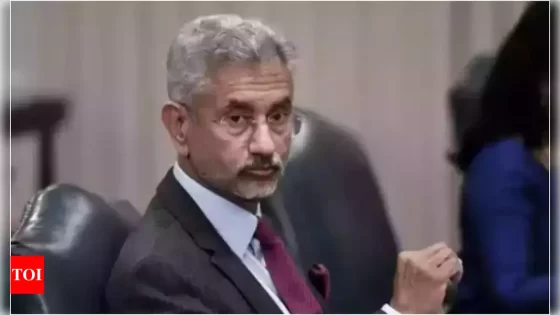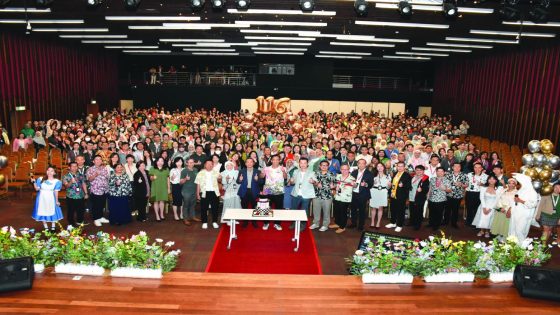Jaishankar’s remarks come after Canadian police said they were looking at possible Indian links following the arrests of three Indian nationals for the killing of pro-Khalistan separatist Hardeep Singh Nijjar, designated a terrorist by India.
Canada has “allowed organised crime, specifically from Punjab, to operate from there”, the foreign minister said at a press conference in Bhubaneswar.
Suspects in relation to the murder in Canada of Sikh separatist leader Hardeep Singh Nijjar. (Reuters)
“I just saw before coming in that three people have been arrested. They apparently are Indians with some kind of a gang background. We will wait for the police to tell us more. But normally, if you don’t have a political agenda, if I say I suspect you, I will produce the proof,” he said at a press conference. “We have never been given anything by Canada which involves the govt of India. In fact, we have repeatedly told you (the Canadian govt), if you have something, please give it to us,” Jaishankar added.
The Canadian report by commissioner Marie-Josée Hogue refers to Indian officials, including Canada-based proxies, engaging to influence Canadian communities and politicians. The report said their aim is to “align Canada’s position with India’s interests on key issues, particularly how the Indian govt perceives Canada-based supporters of an independent Sikh homeland”. The World Sikh Organization (WSO) of Canada, which put the report in the public domain, is a hardline group advocating for the creation of a separate nation of Khalistan.
Blaming “vote bank” politics in Canada for problems there, Jaishankar said the situation has turned worse because the governing party has no majority. The party they depend on is pro-Khalistani, he said, adding that India has been consistently urging Canada against giving space to separatists and against giving them political legitimacy because the same will create problems for both India and Canada and in their relations.
“There are 25 examples I have with me, who are either known pro-Khalistani individuals or part of gangs involved in crimes. We have given them extradition requests, they did nothing. There is a gang war going on there. They shift blame to India every time. But investigative agencies there never give any proof. What I feel is that it’s a political game,” he said.
Jaishankar also dismissed former Pakistan prime minister Imran Khan’s accusation in a column in a UK daily that India is carrying out killings in Pakistan. The foreign minister said there is no dearth of terrorists to commit such crimes in Pakistan. Khan had claimed that “India has already admitted to undertaking assassinations inside of Pakistan and the international border with Afghanistan remains volatile…”
Responding to Khan’s article, Jaishankar said, “Now, from what we can see, there are reports that some people who have a background in terrorism, some of them died in pretty unusual circumstances. That is something they need to investigate.”
“Terrorists are not very nice people. They could be doing things to each other. I am not entirely aware of the Khan article. But I do know (that) rather than saying why these people are dying, I would first ask why there are so many terrorists in Pakistan. And why is Pakistan so protective of them? That is the question which should be answered,” Jaishankar said.
The Canadian report, meanwhile, said, “India does not differentiate between lawful, pro-Khalistani political advocacy and the relatively small Canada-based Khalistani violent extremism… Targets of Indian foreign interference are often members of the Indo-Canadian communities, but prominent non-Indo-Canadians are also subject to India’s foreign influence activities,” the report claims.
About the alleged interference in the 2019 and 2021 general elections, it claims: “A body of intelligence indicates that Indian proxy agents may have attempted to interfere in democratic processes, reportedly through the clandestine provision of illicit financial support to various Canadian politicians as a means of attempting to secure the election of pro-India candidates or gaining influence over candidates who take office.”
In another section, titled “Suspected Foreign Interference by the Government of India”, it has mentioned that during Canada’s federal election, Indian officials were observed “expressing interest in individual electoral contests” and likely hoped “pro-India candidates would prevail”.
Source Agencies



